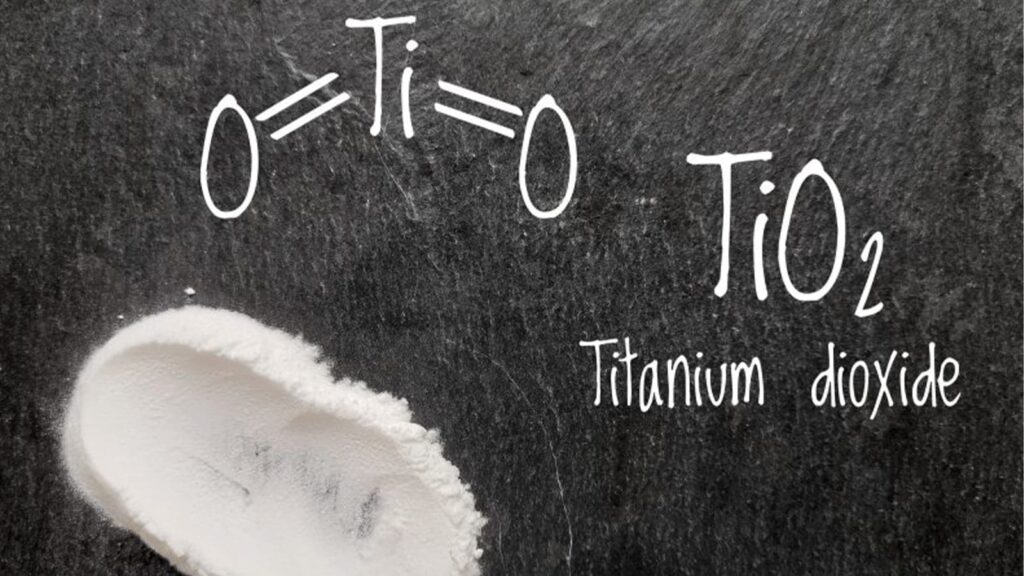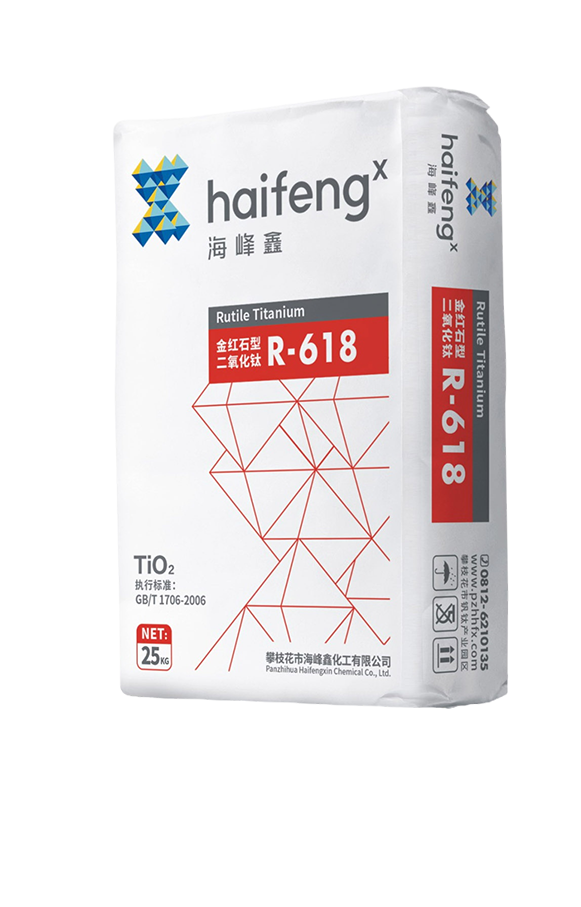
U.S – California has amended the California Assembly Bill 418 in a bid to remove titanium dioxide from the list of chemicals facing a potential ban as food additives.
This legislative journey, which began in March 2023, has now entered a crucial phase as it heads towards a Senate vote.
The bill, now known as the California Food Safety Act is poised to redefine the state’s stance on chemicals in processed foods.
While it still carries the intent to prohibit the sale of processed foods containing brominated vegetable oil, potassium bromate, propylparaben, or red dye 3, the removal of titanium dioxide signifies a nuanced approach to regulating food additives.
On September 1st, the state Senate introduced amendments to the bill, leading to its current form. With these changes, the California Food Safety Act has taken a significant step forward, awaiting a Senate vote. If it garners Senate approval, it will be placed on the Governor’s desk for final endorsement.
Future implications
Should the bill become law, it would come into effect on January 1, 2027. This means that, from that date forward, the manufacture, sale, delivery, distribution, holding, or offering for sale of the four specified chemicals in foods for human consumption would be prohibited in California.
Violators could face substantial civil penalties, with fines not exceeding U.S$5,000 for a first violation and increasing to a maximum of U.S$10,000 for subsequent offenses.
These penalties could be enforced through actions brought by various legal authorities, including the Attorney General, city attorneys, county counsels, or district attorneys.
The chemicals targeted by the California Food Safety Act have been singled out due to their associated human health risks.
While the European Union has already banned these substances as food additives, they continue to be prevalent in processed foods in the United States.
FDA’s influence
The removal of titanium dioxide from the bill is significant. The Food and Drug Administration (FDA) has maintained that titanium dioxide is safe when used as a regulated color additive in foods.
This endorsement influenced the legislative decision to exclude it from the proposed ban. The bill’s initial introduction aimed to address perceived gaps in FDA oversight, but this recent development underscores the agency’s stance on certain additives.
FDA categorizes titanium dioxide as Generally Recognized as Safe (GRAS) at a maximum 1% weight, but other organizations have issued warnings.
In 2020, France banned the use of the additive, leading companies such as Lonza to launch Vcaps Plus White Opal, its first commercially-available titanium dioxide-free semi-opaque capsule for food supplements.
Ingredient producer Blue California also launched clean label whitening agents as an alternative to the potentially dangerous white colorant.
However, last year, UK’s Food Standards Agency (FSA) dispelled the European Food Safety Authority’s (EFSA), research findings which flagged titanium dioxide’s toxicity as a whitening food colorant – declining to ban the artificial additive.
The French Agency for Food, Environmental and Occupational Health & Safety had earlier in 2021 called for a uniform approach to screening nanomaterials like titanium dioxide. The methodology proposed specific adaptations related to regulatory definitions, particle size measurements, dissolution properties and hazard identification.
your source of
Titanium Dioxide
Panzhihua Haifengxin has developed a range of tio2 pigment which is client-oriented and aims to address customer needs in the fields of coating, ink, plastic, paper, and so on.


